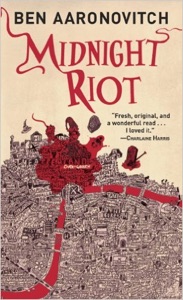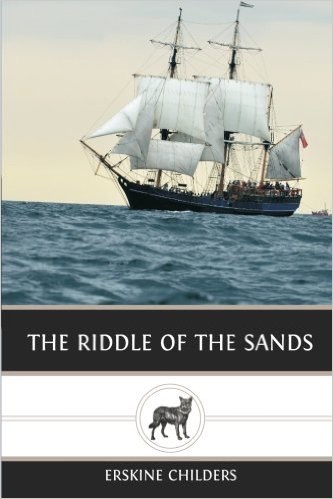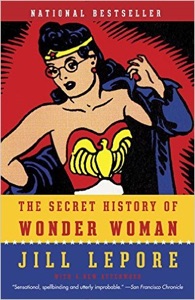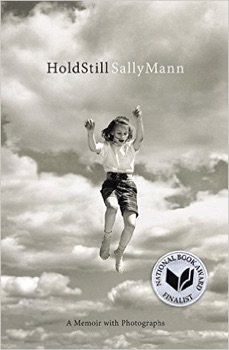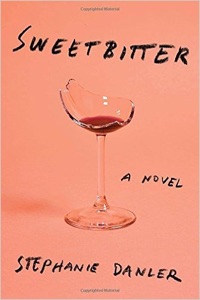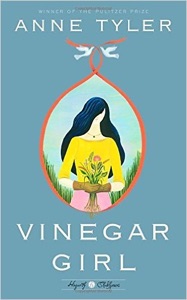I don’t do much gardening, or any if I can help it, but the neighbors dislike our weeds and so I�’ve been pitching in. I’ve gotten to know the weeds and given them names – Tall Pricklyweed, Longroot Vine, Burr Plant. But I’d sort of like to know what everyone else calls them, too.
I remember, before I started to watch birds, sitting in Oliver and Kitty Selfridge’s back yard. Oliver remarked that the bird in the hedge was a wood thrush, or something of that ilk, and I said it seemed terribly hard to learn how to identify all the different kinds of birds. The subtext of course is “you’re a world-class expert in AI and machine learning, I grew up reading the FORTRAN textbook you tossed off for fun, and still you find time to memorize birds?”
“It’s not that hard,” Oliver explained. “There are only a few hundred birds here, and the covers everything from eagles to ducks.” You learn what to look for, and it’s easy enough. Still, it took a fair bit of studying to become even mildly competent, and I’m still rubbish at hawks.
But nowadays, if you're stuck, you can snap a digital photo and there are plenty of sites where people will tell you, “Sure, that’s a tufted titmouse in your tree. Obviously.”
I bet there’s a place like that for gardening. Anyone know?
